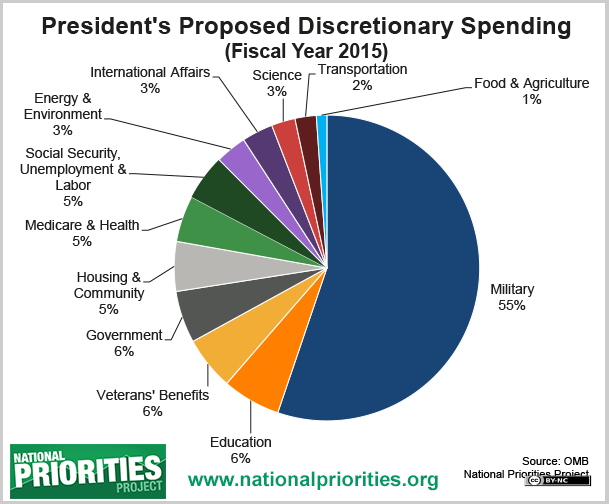http://www.economist.com/comment/2874735#comment-2874735
1. The graph of defense spending is misleading for several reasons:
Yes, China has a larger defense budget, but it also has more people and a larger area to defend. When it comes to defense expenditure PER CAPITA, Japan is 25th, while China is 32nd (The US is still first). China’ defense spending per capita is actually less than that of Japan!
Japan is not the only country for which China builds up its military. That dubious honor goes to America: with a (public) defense spending more than three times that of China, and more than the next four nations combined.
America has 50,000 troops stationed in Japan and another 30,000 in South Korea. It has surrounded China with its treaty allies: Japan, S. Korea, Thailand, the Philippines, and Australia.
2. It is interesting to note that a charge often heaped on China – that it is being ‘aggressive’ abroad and provoking wars to divert attention from domestic troubles – is not being used for Japan.
It is rather revealing that this newspaper has never applied the same argument for Japan. Japan’s economy is in one of its worst phases ever. It has huge public debt. Abe’s war posturing could well be a pathetic – and thankfully failing – attempt to divert attention, go back to the old ways and build up some nationalism.
3. Abe has faced severe opposition at home and his war posturing is decidedly undemocratic. He has denied any coercion and wrongdoing in the matter of comfort women in S. Korea (on two separate occasions).
Such coercion is documented in Japan’s own archives. He later changed his mind and reaffirmed the apology, but only later when the pressure built up. He believes that Class A war criminals are not criminals under Japanese law.
4. Regular protests occur throughout the country in opposition to the legislation – one of the most recent in Tokyo drew 30,000 people (another fact not mentioned by the article).
The Japanese government recently purchased – yes, actually purchased – the disputed Senkaku/Diaoyu islands from their private owner – something it had no compulsion (or good reason) to do. The list is endless…
5. The US wants Japan’s military budget to increase as it would mean good money for US arms manufactures. The sector is always lobbying hard in Washington for arms sales – both to Taiwan and Japan – and often succeeds. Japan obviously took America’s permission before passing any such legislation. In fact, the US may have insisted upon it.
6. A key ally sending troops abroad is in US interest. After all, the more allies it can count on for its global invasions, the better. Japan is America’s main colony in Asia – and the US would naturally expect Japan take its side in international conflicts, and not just diplomatically.

7. The people of Okinawa feel colonized by the US, and have repeatedly opposed the US naval base there. Protests are shockingly common.
8. Two Japanese citizens were recently beheaded by ISIS. This could be one reason why Japan is increasing its military budget and passing such legislation. However, this point has also been completely missed by this article.
9. This area of Asia is indeed a dangerous hotspot potentially. But nobody is more responsible for that than Japan itself. Most disputes in the region today – Taiwan, the Senkaku/Diaoyu islands – are the result of Japan’s aggression and imperialism.
10. Japan’s pacifist constitution is precisely the reason why the international community respects Japan more than it deserves. Abe’s actions will ensure that Japan’s diplomatic clout decreases as it becomes a “normal” nation. It would dent Japanese diplomatic influence, and it might become even more dependent on US power – which is exactly what the US wants.
11. Japan’s defense buildup has most certainly NOT been “largely welcomed by Japan’s regional neighbors and allies…”. The author fails to cite a single statement from any government (even off the record) supporting this assertion. It seems the situation on the ground is far different from the one in the author’s head.
12. Emotion – not logic – is driving the author’s words: the feeling that since China is not a ‘democracy’, whatever it does is always wrong. And whatever the US and Japan do is always right.
The Economist does criticize these countries, but the criticism is largely blunted and mild in nature. The purpose of such token criticism is to give this newspaper some plausible deniability – a false veneer of balanced and professional reporting – so that it cannot be directly accused of taking sides.
In essence, Japan is following in America’s footsteps – of becoming aggressive and violent even when it is itself not under threat. This legislation will allow Japan to spread violence far and wide – just like its master.
—
Maitreya
Twitter: @MaitreyaBhakal
LinkedIn: in.linkedin.com/in/maitreyabhakal
Blog: indiaschinablog.blogspot.com
http://www.economist.com/comment/2874735#comment-2874735

